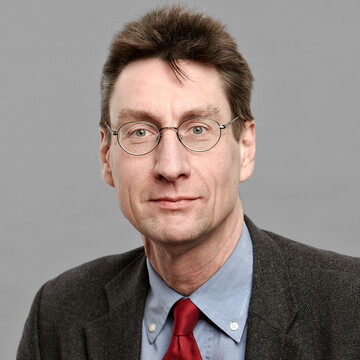Andreas Möller
Prof. Dr.

- Nachhaltigkeitskommunikation - Kommunikationstheorien, Digitale Medien, Kommunikatives Handeln, Gesellschaftliche Subsysteme
- Informatik - Angewandte Informatik, Sozialorientierte Informatik, Formen der Computernutzung, Petri-Netze, C# (.NET), Python, Java
- Umweltinformatik - Nachhaltigkeitsinformatik, Betriebliche Umweltinformationssysteme, Life Cycle Assessment, Material Flow Analysis, Stoffstromnetze, Material Flow Networks, Chemical Engineering, Material Flow Cost Accounting
Fachgebiete
- 2012
Life Cycle Assessment and Cost Accounting on Corporations for Eco-Efficient Production Systems
Möller, A. (Dozent*in)
01.10.2012 → 02.10.2012Aktivität: Vorträge und Gastvorlesungen › Gastvorträge und -vorlesungen › Forschung
- 2011
Life Cycle Assessment and Material Flow Analysis
Möller, A. (Dozent*in)
11.07.2011 → 22.07.2011Aktivität: Vorträge und Gastvorlesungen › Gastvorträge und -vorlesungen › Lehre
- 2010
Sustainable Development
Möller, A. (Dozent*in)
22.03.2010 → 26.03.2010Aktivität: Vorträge und Gastvorlesungen › Gastvorträge und -vorlesungen › Lehre
- 2009
A Material Flow Cost Accounting Approach to Improvement Assessment in LCA
Viere, T. (Sprecher*in), Prox, M. (Sprecher*in) & Möller, A. (Sprecher*in)
11.01.2009 → 13.01.2009Aktivität: Vorträge und Gastvorlesungen › Konferenzvorträge › Forschung
- 2004
Life cycle thinking and systems thinking - how to support systems thinking in material flow management
Möller, A. (Sprecher*in)
25.10.2004 → 27.10.2004Aktivität: Vorträge und Gastvorlesungen › Konferenzvorträge › Forschung
- 2003
Flexibility of Industrial Material Flow Networks
Möller, A. (Sprecher*in) & Viere, T. (Sprecher*in)
29.06.2003 → 02.07.2003Aktivität: Vorträge und Gastvorlesungen › Konferenzvorträge › Forschung
